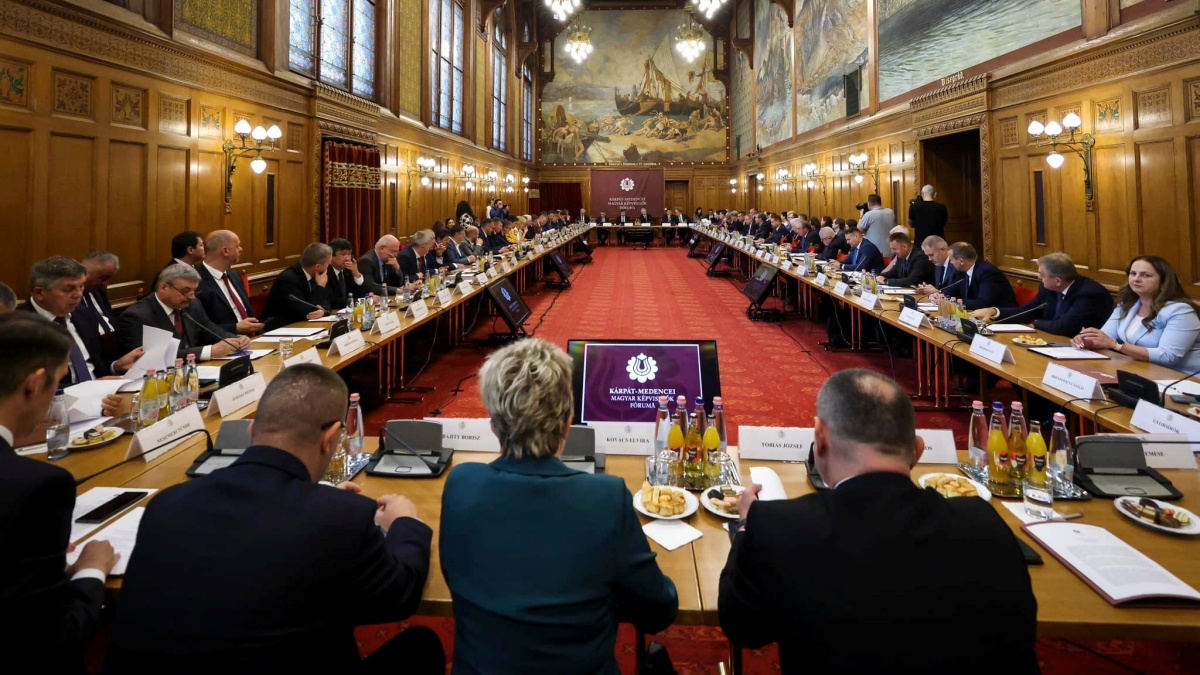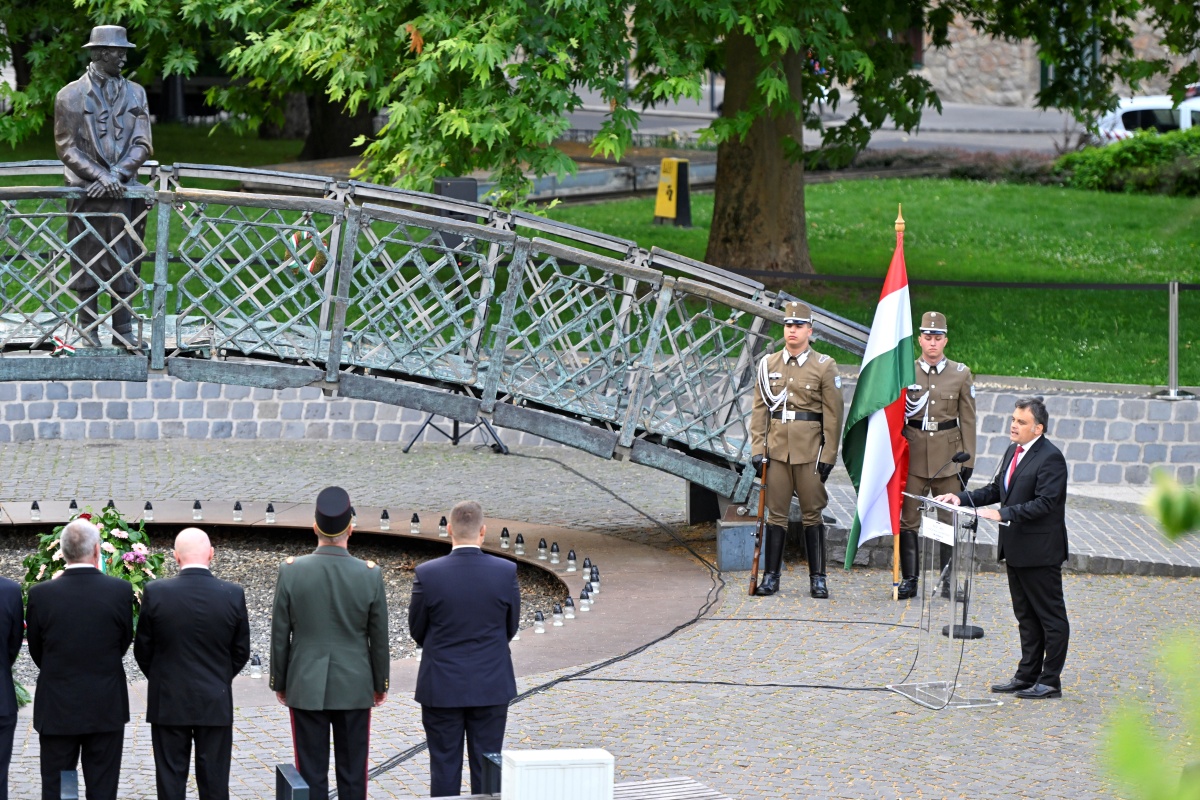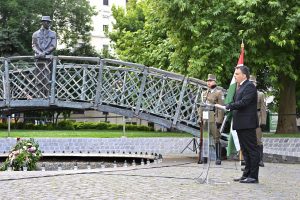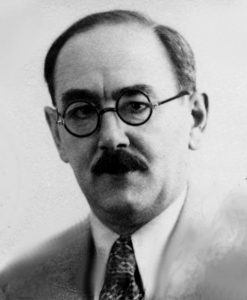
László Kövér stressed that a social majority in favor of normality exists across all EU Member States.Continue reading

Csaba Latorcai, Parliamentary Secretary of State, emphasized the enduring importance of national unity at a commemoration ceremony in Budapest, marking the 35th anniversary of the reburial of former Prime Minister Imre Nagy and his fellow martyrs.
The Secretary of State highlighted that both the Hungarian Revolution of 1956 and the 1989 reburial of Imre Nagy demonstrated the nation’s strength and unity, crucial for Hungary’s present and future.
Reflecting on 1956, Mr. Latorcai noted that Imre Nagy sought to restore Hungary’s sovereignty during critical times, and that during the “bright October days” of the revolution, fear vanished as Hungarians united across political and religious lines. He recalled the impact of Nagy’s reburial on June 16, 1989, saying:
the nation was united in mourning, hope, and trust.”
Csaba Latorcai warned that contemporary challenges are testing European nations’ ability to maintain their core values. He argued that Marxist ideology, thought obsolete, is resurfacing in new forms, attempting to dictate social and political norms. “We are facing new trials. The Marxist ideology, long thought dead, and its modern followers in a new guise, are trying to dictate how, with whom, and in what way we should live together,” he stated.

Csaba Latorcai at the Imre Nagy memorial in Budapest. Photo: MTI / Lakatos Péter
The Secretary of State criticized efforts to impose external ideologies and policies on Hungary, particularly regarding gender ideology and participation in armed conflicts, stressing that Hungary must protect its sovereignty.
The sovereignty of our nation is a value we are not willing to give up at any price,” he affirmed.
The politician called for contemporary unity, inspired by historical solidarity, to overcome current challenges. He urged that Hungary’s drive for sovereignty should inspire a broader European renewal, replacing fear with creativity and freedom. Quoting István Bibó, he concluded, “Freedom begins where fear ceases.”

Imre Nagy. Photo: Wikipedia
During the 1956 revolution, Nagy emerged as a key figure and symbol of reform. As the revolution gained momentum, he advocated for significant political changes, including Hungary’s withdrawal from the Warsaw Pact, the establishment of a multiparty system, and the promotion of national sovereignty. Nagy’s government declared Hungary’s neutrality and sought support from the United Nations to defend its independence. Despite his efforts, the revolution was crushed by Soviet forces. For his role in the revolution, Nagy was arrested, subjected to a show trial, sentenced to death, and executed in 1958. His legacy remains a symbol of resistance against oppression and the fight for national sovereignty.
Via MTI; Featured Image: MTI / Lakatos Péter